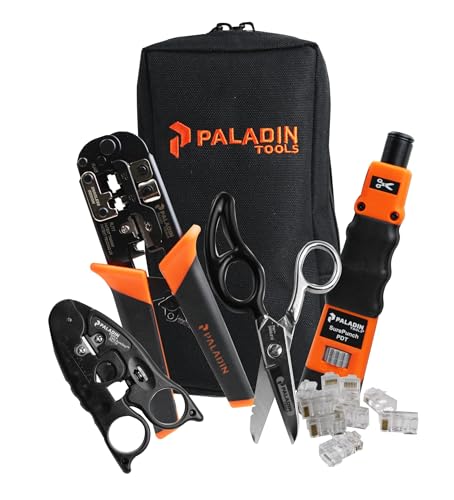DanHalen
Well-known member
Recently I just got the bad news that no one ever wants to hear that I did not pass the WR/Env PE exam. Fortunately no one showed up with a hacksaw to chop off my arms, no one died, and the world is still turning. I live to fight another day!
What I learned through this whole process is I made a lot of mistakes and it's no wonder I didn't pass. I used the School of PE's class notes, took their review course, and studied my environmental engineering class notes, problems, and tests for college (they used the Davis & Cornwell textbook). The School of PE does an excellent job of trimming the fat and getting the point across but like what many others say and even SofPE you must study additional material. I did not do that. I had plans to study Six Minute Solutions and the NCEES study guide but ran out of time. Exam anxiety also didn't help and I was only able to get about 2 hours of sleep the night before the test.
This is what I studied and took with me to the exam:
From what most test takers are saying the following is highly recommended:
There is a whole plethora out there about cut scores and how close people come to passing and I don't want to get involved in that. What I want to focus on is what did you study, specifically which problems did you study, and what references did you use that helped you pass? Did you create your own equation sheets? What would you tell someone who is about to take the exam for the very first time to study? NCEES does have an outline of the topics that are on the exam. The course outline is not accurate and shouldn't be relied on too much. I don't particularly trust it after taking this exam. I can give examples of how the outline is not accurate but not sure what the rules are (i.e. can I say what type of problems were on the exam vs what's on the NCEES outline)?
I assume that all problems in the SofPE notebooks, Six Minute Solutions for Water Resources/Environmental, and NCEES Sample Questions and Solutions for Water Resources/Environmental are all fair game unless someone has better insight. What about CERM, All-in-One Practice Problems, All-in-One Exam Guide, Davis & Cornwell, and any others you may have used? I know there has to be a winning combination of problems and references that will put most test takers over the hump.
What I learned through this whole process is I made a lot of mistakes and it's no wonder I didn't pass. I used the School of PE's class notes, took their review course, and studied my environmental engineering class notes, problems, and tests for college (they used the Davis & Cornwell textbook). The School of PE does an excellent job of trimming the fat and getting the point across but like what many others say and even SofPE you must study additional material. I did not do that. I had plans to study Six Minute Solutions and the NCEES study guide but ran out of time. Exam anxiety also didn't help and I was only able to get about 2 hours of sleep the night before the test.
This is what I studied and took with me to the exam:
- School of PE class notes (all five modules plus the bonus material)
- CERM (13th Edition)
- Introduction to Environmental Engineering by Davis & Cornwell
From what most test takers are saying the following is highly recommended:
- CERM
- All-in-One by Goswami (both the practice problems book and the Exam Guide)
- Six Minute Solutions for Water Resources/Environmental
- NCEES Sample Questions and Solutions for Water Resources/Environmental
- School of PE class notes & workshop problems
- Introduction to Environmental Engineering by Davis & Cornwell
There is a whole plethora out there about cut scores and how close people come to passing and I don't want to get involved in that. What I want to focus on is what did you study, specifically which problems did you study, and what references did you use that helped you pass? Did you create your own equation sheets? What would you tell someone who is about to take the exam for the very first time to study? NCEES does have an outline of the topics that are on the exam. The course outline is not accurate and shouldn't be relied on too much. I don't particularly trust it after taking this exam. I can give examples of how the outline is not accurate but not sure what the rules are (i.e. can I say what type of problems were on the exam vs what's on the NCEES outline)?
I assume that all problems in the SofPE notebooks, Six Minute Solutions for Water Resources/Environmental, and NCEES Sample Questions and Solutions for Water Resources/Environmental are all fair game unless someone has better insight. What about CERM, All-in-One Practice Problems, All-in-One Exam Guide, Davis & Cornwell, and any others you may have used? I know there has to be a winning combination of problems and references that will put most test takers over the hump.





















